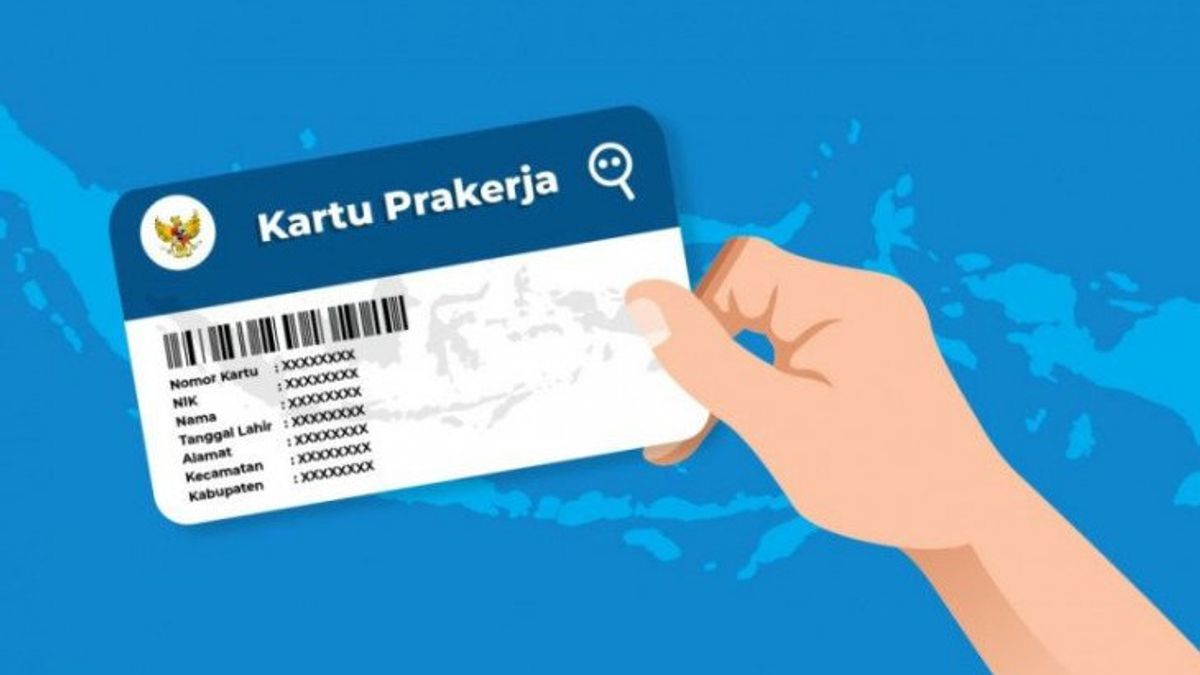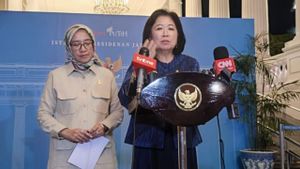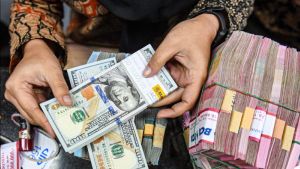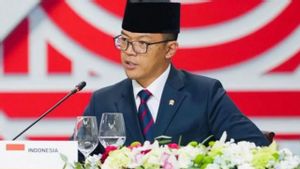JAKARTA - The government has decided to continue the Pre-Employment Card Program in 2023.
Center of Reform on Economic (CORE) economist Yusuf Rendy Manilet appreciated the sustainability of this Pre-Employment Card program.
Because, he said, several studies show that the ability (skill) of Indonesian workers is still relatively low, so it needs to be improved so that they are ready to enter the field of work.
Moreover, Yusuf said, in 2023 it is projected that there will be dark clouds where there will be a crisis that will certainly have an impact on the country.
Indeed, the Pre-Employment Card is not the main program to change these dark clouds. At least it provides capital, cushioning, especially for those in need, not only assistance in the form of skills to enter the job, but also financial cushions that they can use as consumption," he said in Jakarta, Tuesday, October 4.
However, Yusuf emphasized that there is homework for the government in the Pre-Employment Card Program, namely the distribution of labor.
"Indeed, not all of them then have the ability and budget to prepare skills. It is possible that this skill will be taken over by the government, and the industry will prepare for its employment," said Yusuf.
It is recorded that in 2022, the Pre-Employment Card Program has provided benefits for 3.46 million recipients from 514 regencies/cities in Indonesia with a total recipients since the initial implementation of the program to reach 14.9 million recipients.
Based on the number of participants in 2022, 53.6 percent of them came from 212 districts/cities targeting extreme poverty reduction and including prospective Indonesian Migrant Workers (PMI).
Meanwhile, Economist from the Institute for Development of Economics and Finance (Indef) Eisha Maghfiruha Rachbini assessed that the basis for the semi-social assistance scheme on the Pre-Employment Card was due to the COVID-19 pandemic.
During the pandemic, many people experienced a decrease in purchasing power due to being cut off (PHK).
The Pre-Employment Card was also designed in such a way as to be able to ease the burden on the community and prepare a more capable workforce.
"Pre-employment cards have been provided with semi-social assistance due to the pandemic. Hopefully, they will be given assistance to maintain their PKH purchasing power, be given training so that they can improve their skills. So that later when the economy improves, they can be absorbed by the industry with better skills and get higher income," he said.
According to Eisha, the focus of the Pre-Employment Card is back on the scheme for increasing the skills and productivity of the workforce based on government considerations related to the pandemic which is gradually improving and the economy shows recovery.
"The basis may be that the government wants to reduce it because maybe the assumption now is that in 2022, our economy has started to grow. People have returned to work a lot," he added.
For your information, the government will continue the Pre-Employment Card Program in 2023.
This program will focus on assistance in increasing the ability and productivity of the workforce.
Coordinating Minister for the Economy Airlangga Hartarto said the government would increase the budget by Rp5 trillion with a target of 1.5 million people.
Regarding the implementation of the normal scheme, said Airlangga, the government will make adjustments to the amount of assistance received by participants worth Rp. 4.2 million per individual.
The details are in the form of training costs assistance of Rp. 3.5 million, post-training incentives of Rp. 600,000 which will be provided once, as well as survey incentives of Rp. 100,000 for two survey fillings.
The English, Chinese, Japanese, Arabic, and French versions are automatically generated by the AI. So there may still be inaccuracies in translating, please always see Indonesian as our main language. (system supported by DigitalSiber.id)













